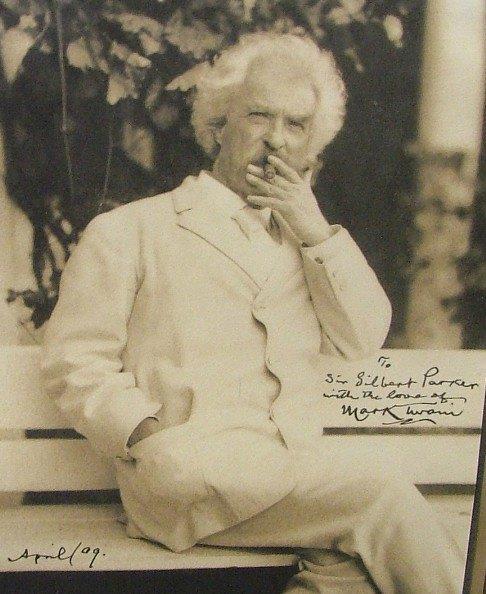
Tag: Politics
The Soul of America
This book is a portrait of hours in which the politics of fear were prevalent—a reminder that periods of pubic dispiritedness are not new and a reassurance that they are survivable.
I am writing now not because past American presidents have always risen to the occasion but because the incumbent American president so rarely does.
— Jon Meacham
***

I recently completed Jon Meacham’s new book, The Soul of America: The Battle for our Better Angels. An instant New York Times bestseller, it is, for various reasons, a very timely book for these very challenging—sometimes soul crushing—and chaotic times. As a historian, Meacham takes a look at the past—from the American Civil War to the Civil Rights era—in order to provide an informed (more hopeful) perspective about the possible trajectory of our turbulent times. In some sense, Meacham’s book is mental therapy; it’s meant to talk you off that ledge.
Meacham looks at some of the great American social struggles—i.e. the civil war, rise of the Klan, women’s movement, the civil rights era, etc, etc,—and some of the prominent people who’ve shaped our nation’s slow march toward a more (though not) perfect union. He focuses mostly on Presidents who, while not perfect, usually (until recently) used their office to lead, to unite and heal, not to divide and humiliate, Americans. With that said, Meacham’s goal is to also remind us that “the struggle is real,” that tumultuous times are more the rule than the exception, and that we must participate in our democracy if we expect hope to prevail over fear. He reminds us that the soul of America is no different than the soul of an individual. It’s a battleground of light and darkness, of hope and fear, of order and chaos. “Our fate is contingent upon which element—that of hope or that of fear—emerges triumphant.” What we pray for, and what our history suggests, is that hope will prevail over fear given enough time, visionary leadership, and activism by the people. Visionary and ethical leaders, as if we need reminding, aren’t guaranteed, but a free people who are hopeful and determined, can prevail over the forces of darkness, fear, and reaction.
Also, for those, like me, who collect quotes, I should note, that besides being a great read, Meacham’s book is worth having just for the quotes alone. The book is littered with great quotes, some I’d never seen before, by prominent people in our history.
Here is a sampling:
“Duty” is the operative word in the following quote. Duty requires one to subordinate one’s personal interests to those of the greater good, the nation, the law. Governing as if these two interests seem to always conveniently sync, is often called “corruption.”
In a government like ours it is the duty of the Chief magistrate, in order to enable himself to do all the good which his station requires, to endeavor, by all honorable means, to unite in himself the confidence of the whole people. — Thomas Jefferson, 1810
I’d never seen follwing one before, but it’s a damn good one, and without a doubt from my experience a rock solid truth:
Now, look, I happen to know a little about leadership. I’ve had to work with a lot of nations, for that matter, at odds with each other. And I tell you this: you do not lead by hitting people over the head. Any damn fool can do that, but it’s usually called ‘assault’ — not ‘leadership.’ . . . I’ll tell you what leadership is. It’s persuasion—and conciliation—and education—and patience. It’s long, slow, tough work. That’s the only kind of leadership I know—or believe in—or will practice. — Dwight D. Eisenhower
And wow, the following presents a honest sense of humility and the awareness of the responsibilities of power that seem almost devoid in our current President.
Well, I have been President for a year and a quarter, and whatever the future many hold I think I may say that during that year and a quarter I have been a s successful as I had any right to hope or expect. Of course political life in a position such as this one long strain on the temper, one long acceptance of the second best, one long experiment of checking one’s impulses with an iron hand and learning to subordinate one’s own desires to what some hundreds of associates can be forced or cajoled or lead into desiring. Every day, almost every hour, I have to decide very big as well as very little questions, and in almost each of them I must determine just how far it is safe to go in forcing others to accept my views and standards and just how far I must subordinate what I deem expedient, and indeed occasionally what I deem morally desirable, to what it is possible under the given conditions to achieve. . . . Often when dealing with some puzzling affair I find myself thinking what Lincoln would have done. It has been very wearing, but I have thoroughly enjoyed it, for it is fine to feel one’s hand guiding great machinery, with at least the purpose, and I hope the effect, of guiding it for the best interests of the nation as a whole. — Theodore Roosevelt
And here the great transcendentalist nails it. This quote says what the bigger, more challenging, issue really is for America right now:
The form of government which prevails is the expression of what cultivation exists in the population which permits it. — Waldo Emerson . . . Amen to that!